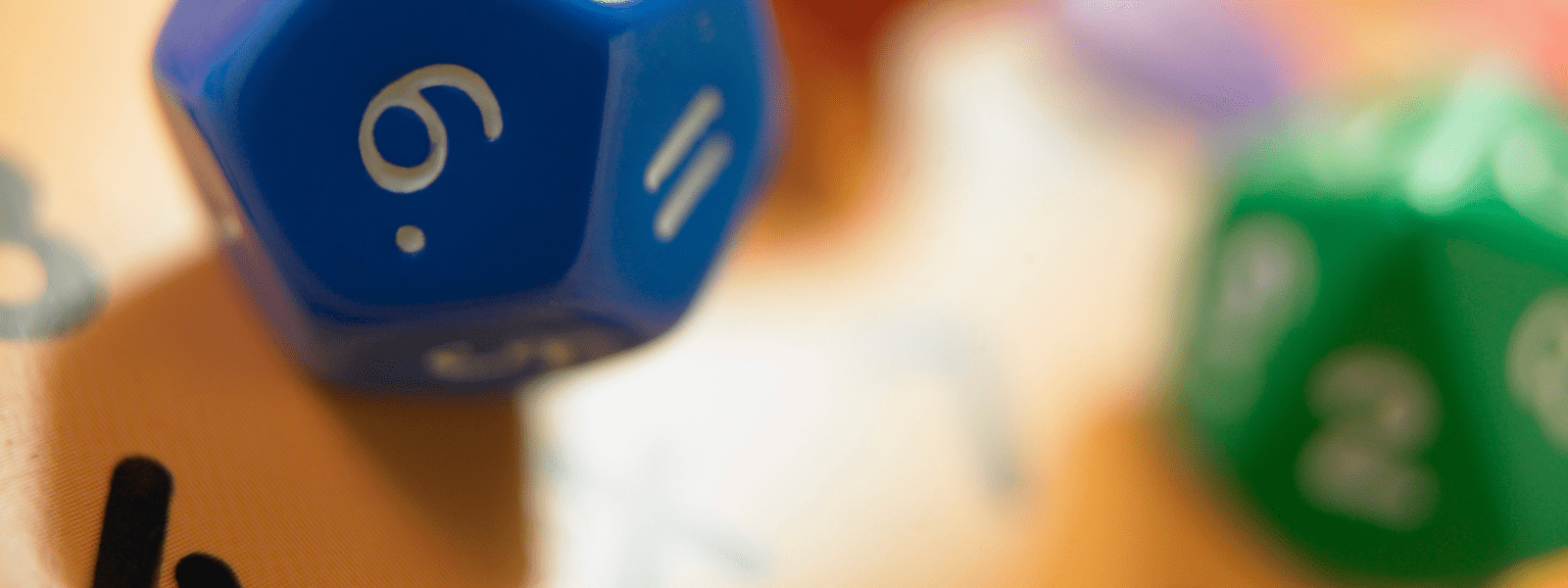7 Math Games That Are Actually Fun
Math is one of those dividing forces in our world… either you love it or you don’t. You’re a “math person” or you’re not. Helping kids develop math confidence is so important so they begin to not fear this subject, and games are a great way to do that! Math games are a low pressure way to build key math skills and have some fun as a family.
What Skills Do You Need for Math?
Math skills vary from number awareness to strategic planning and problem-solving. For many kids who have math anxiety, dyscalculia, or who just struggle to enjoy this subject, one or more of these weaknesses could be the reason:
- Logic & Reasoning (being able to develop a plan and follow logical steps, uncover patterns, strategize, and perform similar problems based on past experience)
- Processing speed (being able to think through steps quickly enough)
- Visual processing (being able to visually imagine number quantities, patterns and sequences and manipulate them)
- Working memory (holding onto numbers, steps, instructions, and parts of math problems long enough to use them before the mental “bucket” dumps and they forget what they’re doing)
- Attention (maintaining focus, multitasking, and ignoring distractions for long enough to complete a task)
Math games that build confidence don’t have to just be focused on math facts and numbers. Any games that build these core learning skills will benefit students in math class and beyond!
7 Fun Math Games:
If you’re looking for some ways to make math more fun for your family, here are 7 games to try:
Sum Swamp
This game is great for early math learners who need practice with basic addition, subtraction, and number awareness. Players complete simple math equations (+ and -) to move their pieces through the board.
Qwirkle
Reminiscent of dominoes, Qwirkle requires players to pay attention to shapes and patterns while also strategizing, which are all key math skills.
Ticket to Ride
Another game without actual numbers, Ticket to Ride builds underlying math skills like logic, strategy, visual processing, and attention. Players compete to build the longest rail lines by drawing cards and planning their routes (some friendly sabotage can also happen – it’s a sign of strong strategy skills!)
Prime Climb
For kids aged 10+, Prime Climb can be a great game to build number awareness and mental math skills, along with thinking speed and attention. Players move around a spiral board, rolling dice and drawing cards, performing math operations with the numbers to try to get to exactly 101 first.
Cribbage
This classic requires sustained attention, working memory, and mental math skills to score exactly 121 points with different card combinations.
24 Game
This game might be too “math-y” for some of the more math-averse people in your family, but once you get it, it can be lots of fun! Using the numbers on the card, you race to add, subtract, multiply, or divide them to get a final answer of 24.
Proof
A fast-paced mental math game, Proof requires players to spot a math equation using numbers laid out in front of you. Whoever finds the most correct combinations wins! This game can be customized for younger learners to just practice addition or subtraction, but the numbers go all the way up to 100 for more of a challenge for older players!
Targeted Training to Make Math Easier and Less Stressful
Math doesn’t have to be stressful and overwhelming. A strong foundation of cognitive skills is essential for learning in all subjects—including math! At LearningRx, we target the reason why math is a struggle. We don’t just practice math facts or re-teach concepts. We make the brain stronger and more efficient at learning in the first place.







